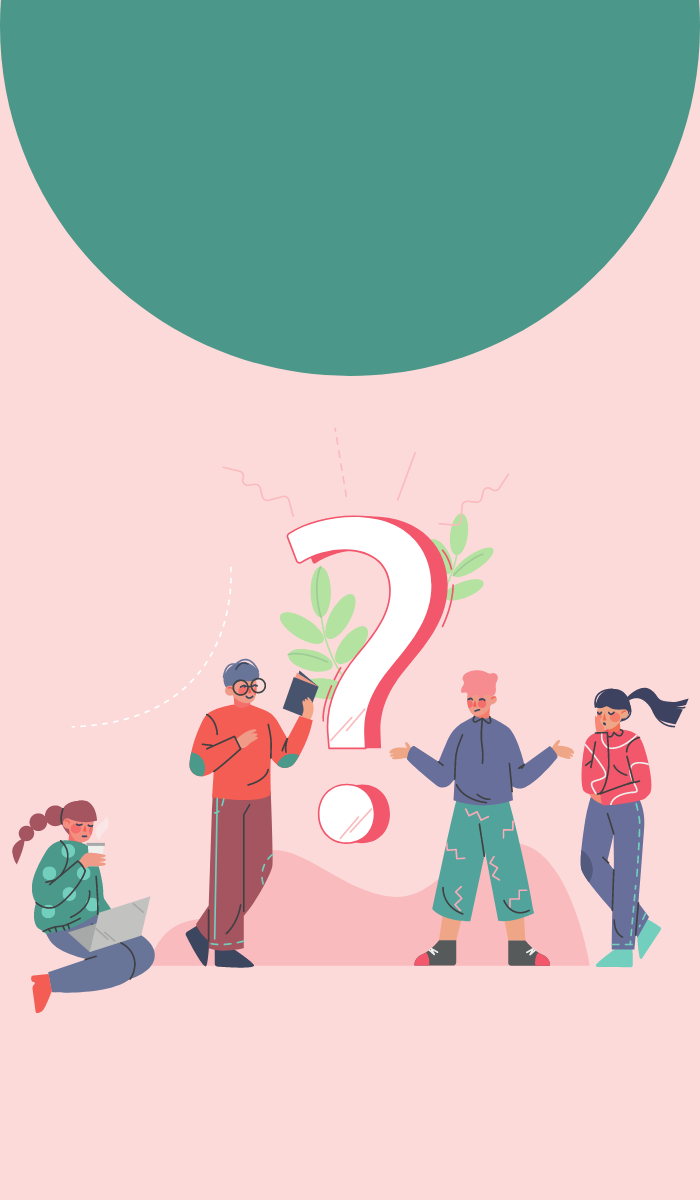How asking advice makes a good impression

Parent Post
When you’re stuck in
When you’re stuck in a conundrum, there are many solutions.
But there is one thing most people know to avoid for sure: asking for advice.
It’s inconsiderate—we don’t want to bother others. Also, they may not have the answer we need anyway.
These reasons may or may not be true. But we are pretty sure that people will think less of us. So, good reasons or no, we don’t ask.
In one study, MBA
In one study, MBA students engaged in a simulated performance review.
When those playing the role of a junior manager received a surprisingly negative performance review and asked for advice on how to improve, bosses considered them to be more likeable and competent than those who did not ask for advice.
When facing conflict, asking your counterpart for advice increases perspective-taking, leading to quicker resolutions.
Another assumption is the
Another assumption is the fear that we will ask for advice and the person will refuse, leaving us embarrassed.
Research suggests that we tend to grossly underestimate how likely others are to agree to requests for assistance.
In a study, participants were instructed to ask favours in campus settings like borrowing strangers’ cell phones, soliciting individuals to fill out questionnaires and asking students about directions.
Participants estimated that they would have to ask 50% more people than they actually needed to ask.
Research suggests that the
Research suggests that the instinct to not seek advice is wrong.
Fears about appearing incompetent by asking for advice are sorely misplaced.
When you ask for advice, people do not think less of you, they actually think you’re smarter.
By asking someone to share his or her personal wisdom, advice-seekers stroke the advisor’s ego and can gain valuable insights.
The power of advice-seeking
The power of advice-seeking has limits.
For example, in a study, people identified areas of personal strength and weakness.
Next, an experimenter approached them for advice in their area of self-identified weakness. People were perplexed. This makes sense: you cannot stroke someone’s ego when they are 100% sure they are not knowledgeable about a topic.
However, even asking for advice on a very easy task did not harm evaluations. Asking for advice is not nearly as risky an endeavour as we tend to think.
Seeking advice encourages information
Seeking advice encourages information exchange, learning, and meaningful connection.
In addition, asking for advice allows us to make a surprisingly positive impression on our mentors.

